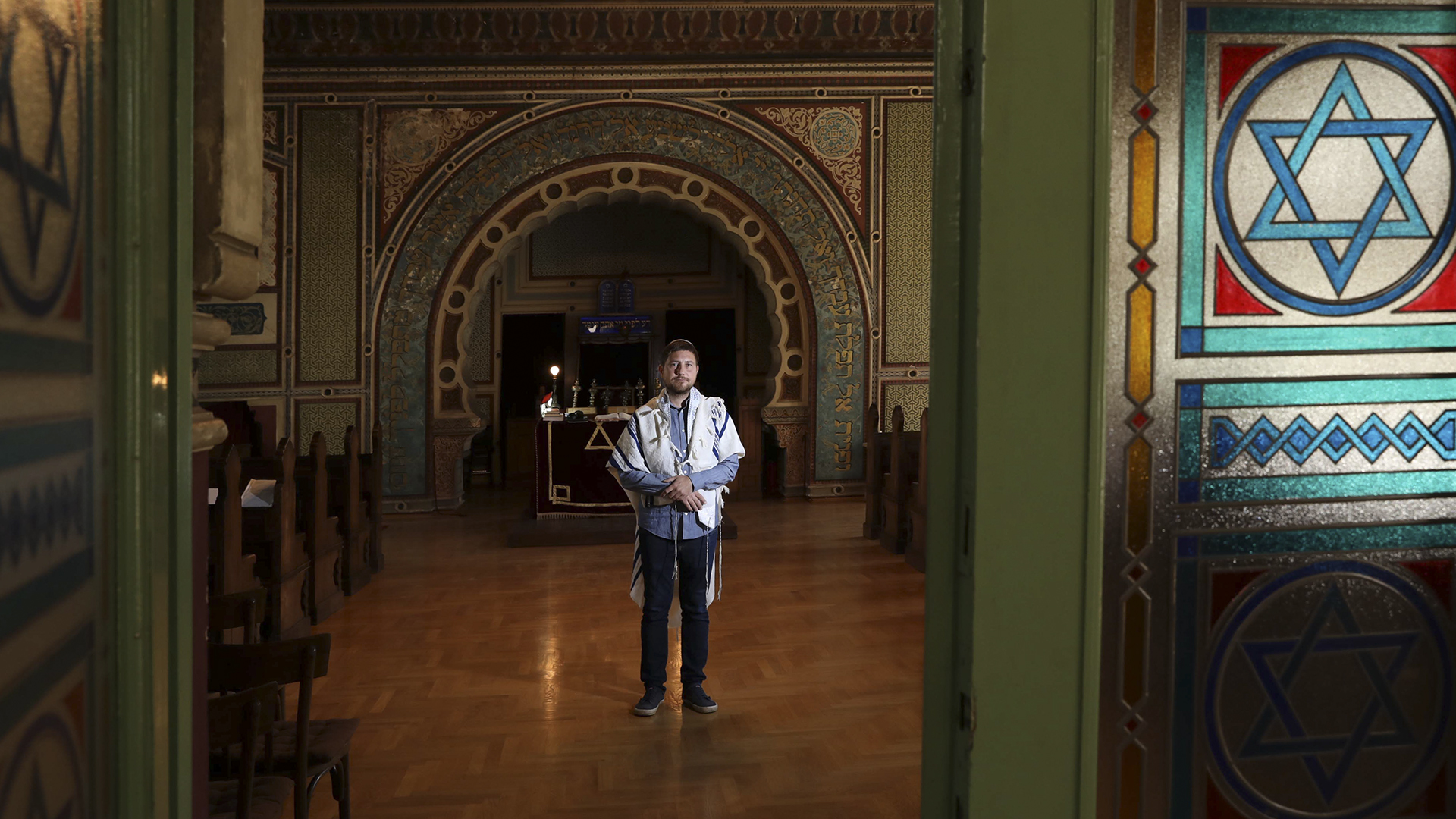
Igor Kožemjakin: We aren’t diaspora, we are indigenous residents of BiH
In the past, antisemitism wasn’t that pronounced in the country, but in the last two years, and especially online, it’s been growing.
We don’t consider ourselves as diaspora here, but as an indigenous people of Bosnia and Herzegovina.
The issue of migration should be solved by the state, of course, but people on the move shouldn’t have it worse than they already do.
We’re not a post-conflict society, but a conflict society.

Branka Mrkić-Radević
Branka Mrkic-Radevic is a journalist at the Sarajevan magazine Žurnal. Previously, she has worked with several media outlets. Her documentary film Povratak (2015) won the EU Investigative Journalism Award.
This story was originally written in Serbian.